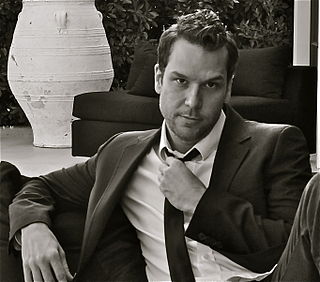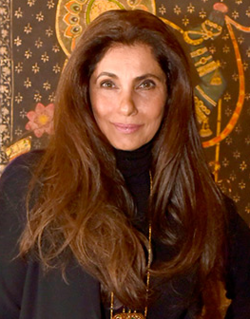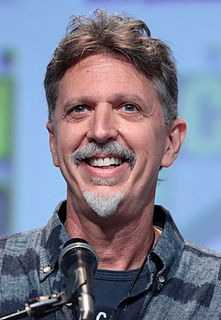A Quote by Michael Haneke
I give the spectator the possibility of participating. The audience completes the film by thinking about it; those who watch must not be just consumers ingesting spoon-fed images.
Related Quotes
As a filmmaker, I believe in trying to make movies that invite the audience to be part of the film; in other words, there are some films where I'm just a spectator and am simply observing from the front seat. What I try to do is draw the audience into the film and have them participate in what's happening onscreen.
Making photographs that dealt with the understanding of who I am as a gay man and dealt with the process of accepting that, and also accepting what I'm into sexually, what sexually arouses me. So I was making these images not necessarily knowing what they were about, but just putting it out there - that mode of thinking or consideration of my own desires, and also the much larger conversation around images that deal with ideas of sexuality and how those images are distributed and then accepted or understood by whoever is viewing those images.
When I'm shaving, I'm thinking about what I need to accomplish that day. If it's game day, I'm thinking about schemes, thinking about my matchup for that game. If it's practice, I'm thinking about what film we're going to watch. Or if it's a recovery day, I'm thinking of what body parts are aching and what I want to work on.
Tou don't have to spoon feed things to the audience. They have to work at things. Oftentimes, with binge-able stuff, second and third viewings are really important because you see, "Oh, that character I didn't like, that was supposed to be that way because, in Episode 9, he turned out to be a turncoat. Now, I'm going to go back and watch all those moments that I felt that way about him." That's what's fun about it.





































